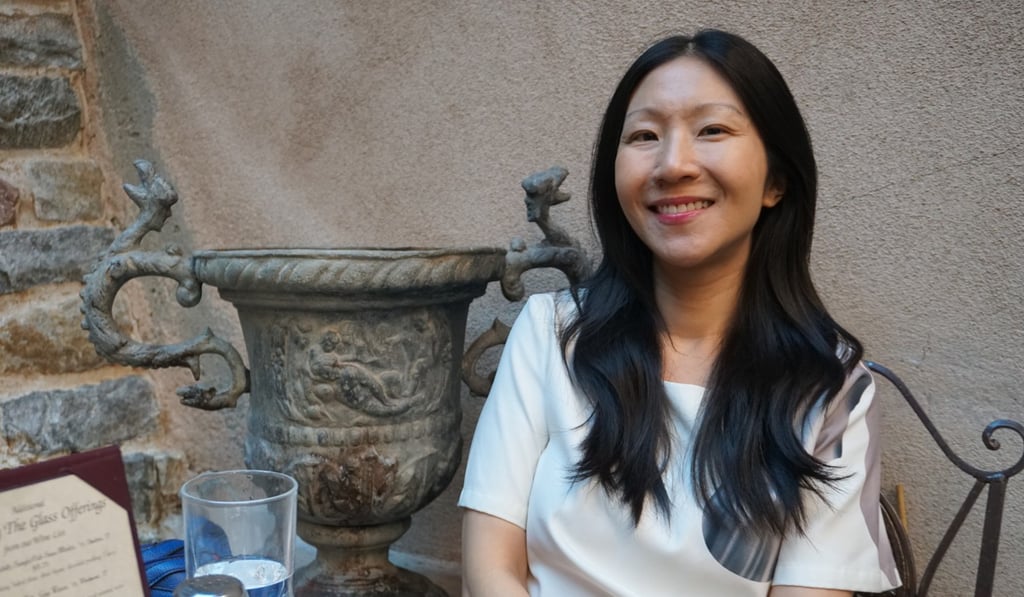Crazy funny Asians: the comics proving Western stereotypes are laughable
- If you believe the stereotype about Asians being all work and no play, then the joke is on you.

“I came to the US for college. The first thing I learned was that, man, y’all cannot tell Asians apart,” said Jocelyn Chia, as her audience at New York’s Gotham Comedy Club burst into laughter. “I learned this ’cos back in college when I went to the bars with my Asian posse, we could all get in with one ID,” the comedian said, before delivering the punchline: “We used my dad’s ID.”
Although Asian representation within the performing arts in the United States remains disproportionately tiny, comedians of Asian descent have been growing in prominence of late. Chia, originally from Singapore, is among this group.
Perhaps because Asian comics have traditionally not been as well-represented in this scene, some devote a good segment of their acts to jokes centred on their ethnicities, just like Chia’s anecdote at Gotham Comedy Club. And they work.

Chia, however, refrains from fixating on her Asian-ness.
Describing her comedy style as a mixed bag of “personal, anecdotal, self-deprecating and ironic”, the New York resident said: “I just do whatever works and whatever makes the audience laugh. I think it’s a myth that comics can get it on the first try. We usually write and rewrite, over and over again.
“I don’t like to know that I got booked on a show ‘because you are Asian’. I hate being tokenised, and thankfully, not a lot of bookers do that,” said Chia, who left her job as a corporate lawyer six years ago to exercise her funny bones. “I stand by my competence.”